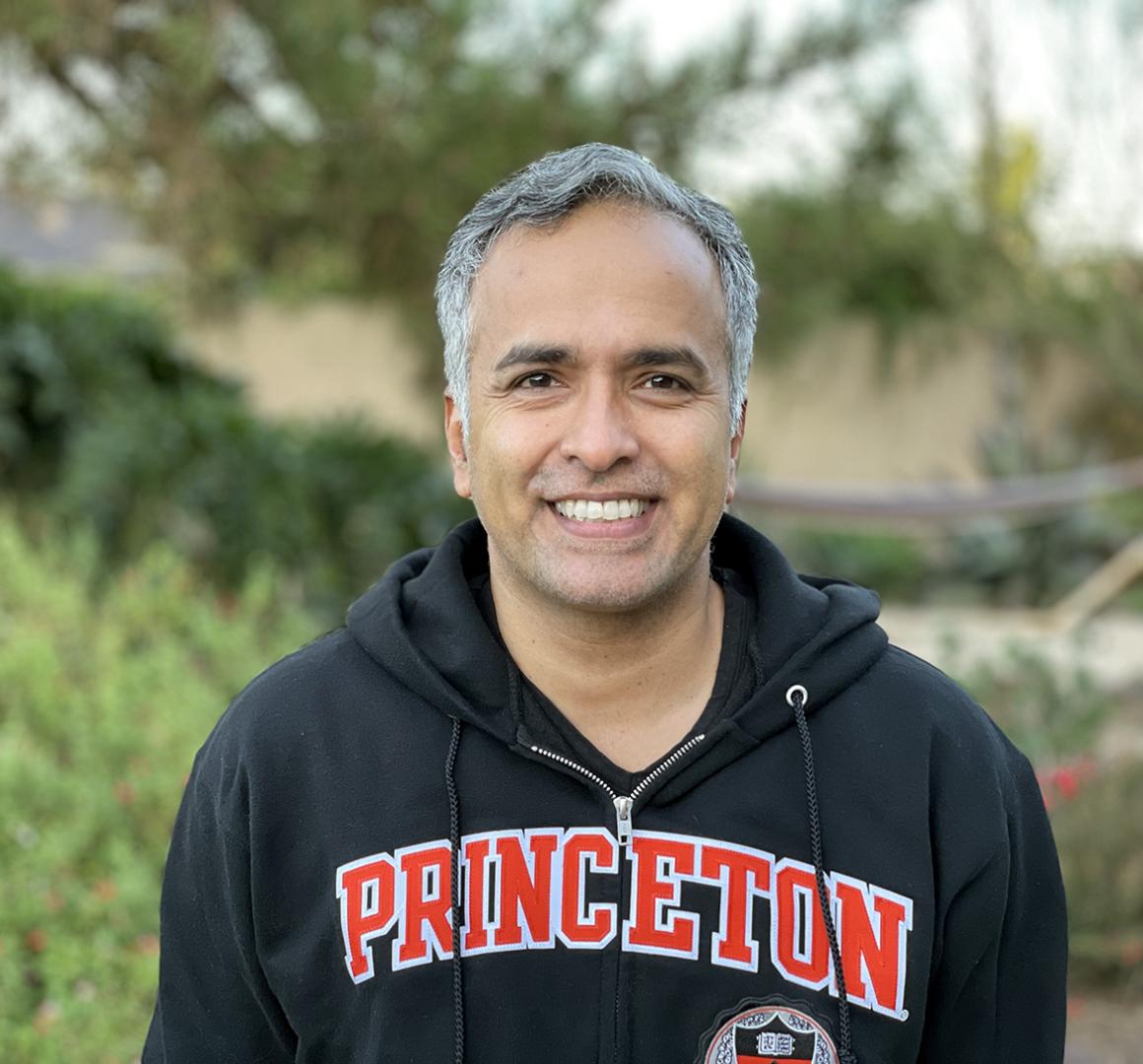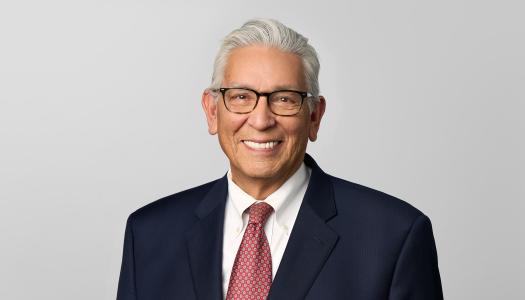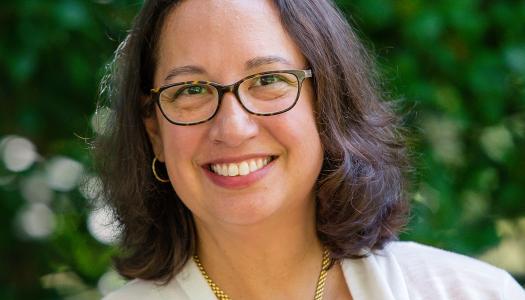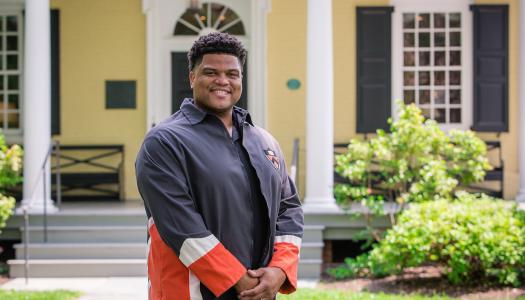Karthick Ramakrishnan *02 reinforces ‘star’ status for graduate alumni

Karthick Ramakrishnan *02, president of the Association of Princeton Graduate Alumni, sees Princeton’s graduate community as stars in the University firmament — and wants the asterisk denoting graduate alumni status to reflect “pride and a sense of belonging.”
“When I was at Princeton, graduate students felt like an overlooked minority,” said Ramakrishnan, who became APGA president in July — 20 years after receiving his Ph.D. in politics. “What I’ve discovered since taking on this leadership role are the many ways graduate students now are engaged and involved in building a vibrant community.”
The APGA, he said, can help Princeton graduate students and graduate alumni continue ascending as recognized contributors to Princeton’s excellence.
“Part of the challenge is to both recognize the distinctiveness of graduate students and the graduate alumni population — what motivates them, what their needs are, what their concerns are — and also have a notion of one Princeton,” he said.
Advocate for participation
When Ramakrishnan first arrived at Princeton after studying at Brown University, most graduate students lived at the Graduate College, away from campus dormitories, and had little contact with undergraduates.
Ramakrishnan advocated for more integration of the undergraduate and graduate communities. He started by founding Princeton South Asian Theatrics (now known as PSAT), the nation’s first South Asian theatrical troupe according to the group’s website. He was the only graduate student in the group.
He wrote opinion columns for the Daily Princetonian, joined Lockhart Co-Op, a vegetarian meal cooperative, and became active with the Graduate Student Government on issues such as graduate student health benefits and adding graduate alumni representation to the University Board of Trustees.
Housing was another issue he sought to address 20 years ago, and recent improvements to graduate student housing and the inclusion of graduate students in the four-year colleges are among the changes he applauds now.
“Princeton is a place where if you take the initiative, and you ask, most people are open to ideas — like being part of different clubs and activities that many assume are for undergraduates only,” Ramakrishnan said. “What would make it better is for organizations and institutions to actively do the outreach to better integrate graduate students.”
Strategic foresight
Ramakrishnan’s service to Princeton is a natural extension of his many activities in his current home state of California.
As a professor of public policy at the University of California, Riverside, his research covers topics on civic engagement, immigration policy and public opinion. He directs the school’s Center for Social Innovation, which harnesses research and data to provide a positive narrative for marginalized communities in the region and around the country. His most recent book, “Citizenship Reimagined: A New Framework for State Rights in the United States,” looks at the shift away from federalism towards state’s rights.
Ramakrishnan serves on numerous commissions and boards, including as executive director of California 100, an initiative backed by the University of California system and Stanford University that makes innovative and sustainable plans for the state’s long-term future.
The work ahead
Graduate alumni comprise roughly 30 percent of Princeton’s alumni population, and Ramakrishnan, who describes himself as a “data person,” would like to boost graduate student alumni engagement.
To secure recognition and leverage graduate alumni talent broadly, the APGA leadership team aims to collaborate with campus partners on speaking opportunities at major events, representation in volunteer leadership positions and storytelling about graduate alumni.
“I’ve only been on the job [as APGA president] for a few months, and in all the meetings that I’ve had with University leadership, I detect not only an openness, but an eagerness to partner, and to bring about transformative change with respect to unlocking the kind of energy and talent that 29,000 graduate alumni represent,” Ramakrishnan said.
Ramakrishnan points to the way Princeton approaches Commencement as a great example. “Meaningful events and rituals create a sense of place and belonging for each group, and at the same time, bring the entire community together as one Princeton so each group recognizes the value of each other.”


